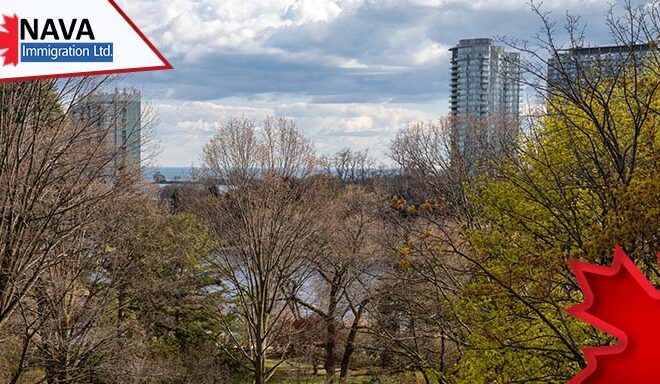IRCC Revealed Study Permit Allotments for all Provinces for 2024
Recently, IRCC revealed 2024 study permit allotments for all provinces and the process used to determine them. The department released an explanatory statement detailing how it decided the final allocations of study permits for each Canadian province for this year.
On January 22, the department announced that it would implement a cap on study permit applications, which it will process each year.
This means each province will be allotted a specific number of study permits they could issue to international students. IRCC further added that the total number of permits would depend on the province’s population.
Yesterday, the Immigration Minister confirmed IRCC’s approach for arriving at these numbers. Also, it disclosed 2024 study permit allotments for all provinces.
How did IRCC Distribute the Study Permit Allocations to Each province?
According to the IRCC, each province and territory has received study permit allocations depending on their population size.
The department stated that without changes to the system, some provinces and territories would admit more international students in 2024 compared to 2023, while others would see a decrease. Moreover, it altered the allotment for the provinces that would get fewer study permit allocations to mitigate any detrimental impact.
Provinces expected to admit more students in 2024 than in 2023 received a grant limited to 10% of their population.
Ultimately, IRCC also increased the allocations for provinces that have an approval rate lower than 60%. The department noted that these modifications will aid these provinces in meeting their target of approved study permits.
2024 Study Permit Allotments for all Provinces.
This covers the 2024 study permit allotments for all Canadian provinces, revealing the total number of study permits each province can issue. Ontario obtained the highest number of study permit allocations among all the provinces and territories, at 235,000. It is the most populous province in Canada and is home to around 530 designated learning institutions (DLIs).
Ontario’s government recently declared that around 96% of its study permit allocations will go to public universities and colleges. This implies that only a few private institutions will be allowed to admit international students this year.
Other provinces also obtained a significant percentage of the total allocation. Quebec has received a study permit allocation of 117,917 after accounting for population and authorized permits.
In March, British Columbia also declared its study permit allocation of 83,000. It stated it would evenly distribute the allocations between its public and private institutions.
Canada’s 11.67 % of the total population resides in Alberta, with its allocation capped at 10%. This resulted in 40,894 study permit allocations for the province of Alberta.
Previously, Nova Scotia declared its allocation of 12,900 study permits for this year. However, per IRCC’s new data, it has received an additional allocation of 7,472 permits. This resulted in a total of 20,378 study permits.
IRCC implements caps on processed permits, not on issued permits.
Notably, there is a difference between the cap on study permits issued by IRCC and the cap on study permits that IRCC will process.
Minister Miller previously released an explanatory statement stating that IRCC has no authority to limit the number of approved study permits. But, it is able to limit the total number of study permits that are processed.
Therefore, based on a 60% national acceptance rate, IRCC stated that the expected study permit cap announced is determined by the total number of study permit applications it will consider.
In this case, the IRCC department noted that it will process 606,000 study permit applications.
If you are interested in immigrating to Canada but have concerns about the process and pathways, feel free to connect with our experienced immigration experts for help at NavaImmigration or send us an email at [email protected]





